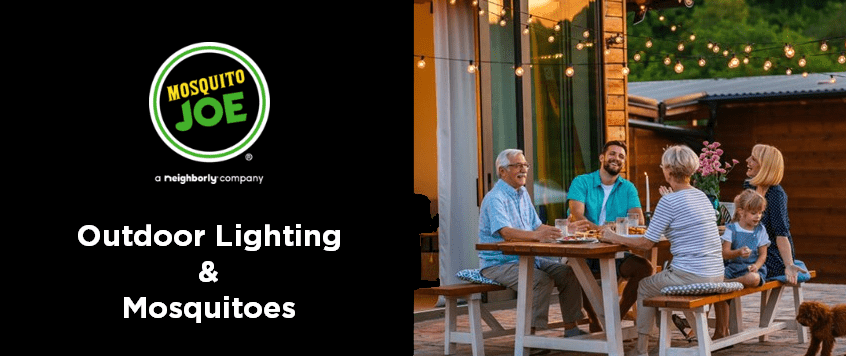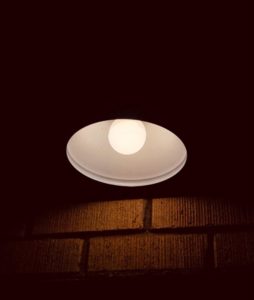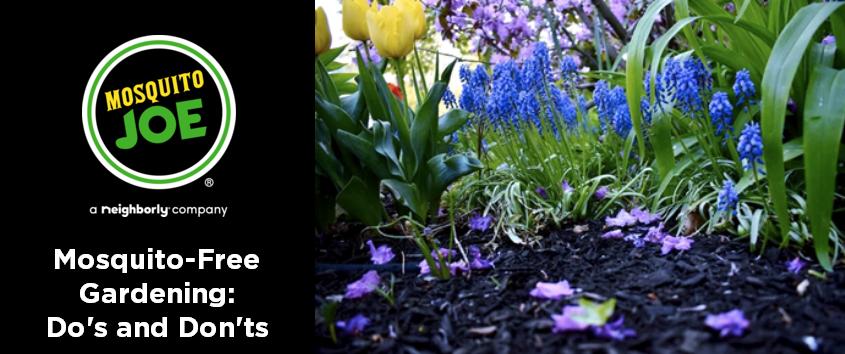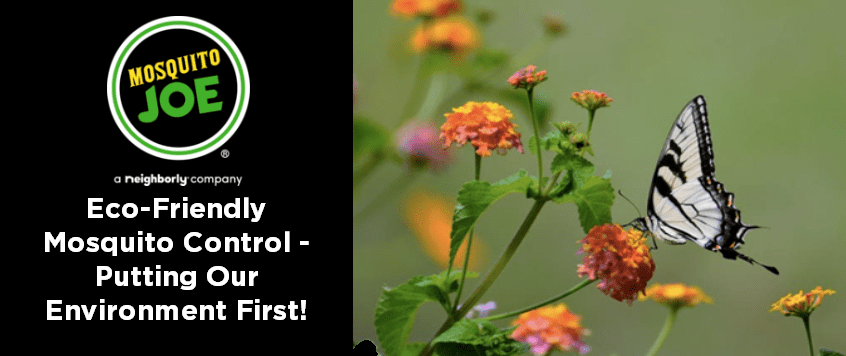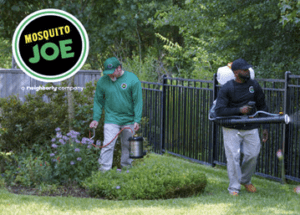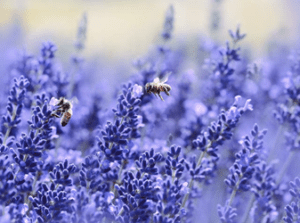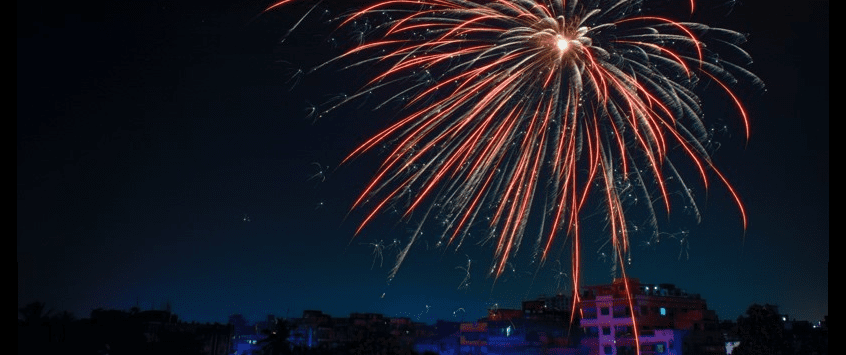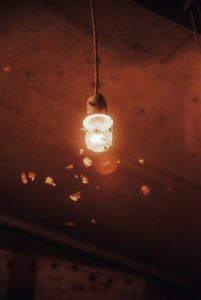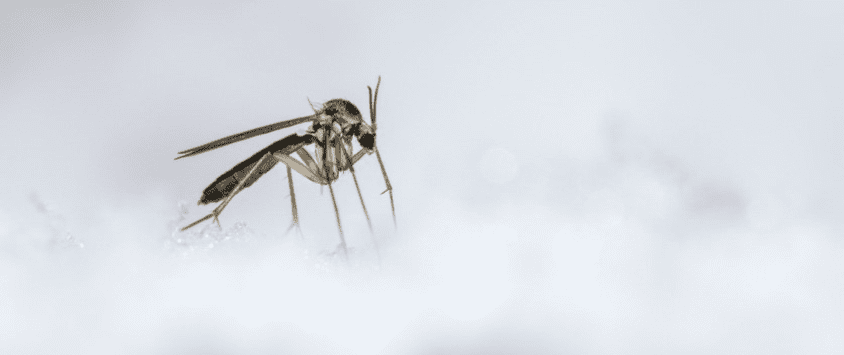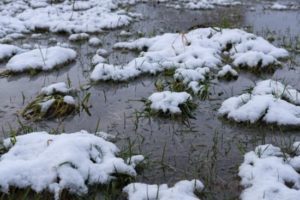Outdoor Lighting and Mosquitoes
Did you know that October is notoriously voted the favorite month of the year? With fall weather cooling us down (ever so slightly here in Texas), people tend to spend more time outdoors enjoying the month with pumpkins, coffee, and Halloween festivities. It also means moving our celebrations and family gatherings from inside to outside, decorating our patios, and having our meals under string lights. However, with increased outdoor lighting comes an increase in mosquitoes – but why?
Mosquitoes are attracted to many aspects of fall weather – less direct sunlight, cooler days, and even cooler nights. While many other pests are attracted to light, mosquitoes rely on it to help them find a blood source once they have spotted your CO2 plumes from a distance. As a result, mosquito issues may increase around porch lights and bright areas around homes. Their bites usually occur in the evening and at night when many mosquito species are active. The increase in landscape and fairy lights in your yard can not only draw more bugs into your yard, but help mosquitoes find you. This goes for patio and porch lights too! While many people like to keep these lights on through the night, they act as neon signs for mosquitoes, midges, gnats, june bugs, and other unwelcome insects. You can save yourself a lot of trouble and bugs by turning these lights off when you aren’t outside.
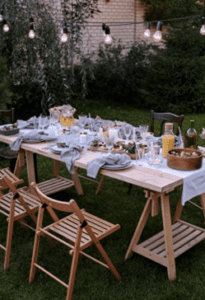
As we increase the time we spend outdoors we often find an increase in the use of mosquito traps. These typically include glowing electric lamps, citronella candles, and torches. Many of these do not help and some will make matters worse. Much like outdoor or patio lights, these sources of light draw pests toward them. From a distance, mosquitoes rely on their sense of smell, specifically hunting down CO2 plumes that we or other animals emit. Once closer, they can use visual cues to assess a blood source. While they are still seeking a source of CO2, light aids their poor visibility and makes for an easier search. From very close proximity, typically within 1-3 feet, mosquitoes then rely on thermal sensory input to locate heat and moisture sources. This prevents them from wasting time on objects such as rocks, vegetation, and mosquito repellent products. This means that mosquito traps do a great job of leading pests to you rather than truly repelling them; you can learn more about the true effectiveness of mosquito repellent products here! Instead, get more bang for your buck by investing in mosquito control services and simply limiting light and water sources in your yard.
A new option Mosquito Joe offers is the Thermacell LIV system, which you turn on when you are outside remotely with your phone. This device emits a pesticide in the form of an odor which keeps mosquitoes and biting midges out of your patio area. You can combine this with a barrier service (which removes 95% of the mosquitoes in your yard) for complete protection in the evenings. Give us a call/text for a free quote so you can enjoy your lights and the weather without the worry at 281-815-0228.


